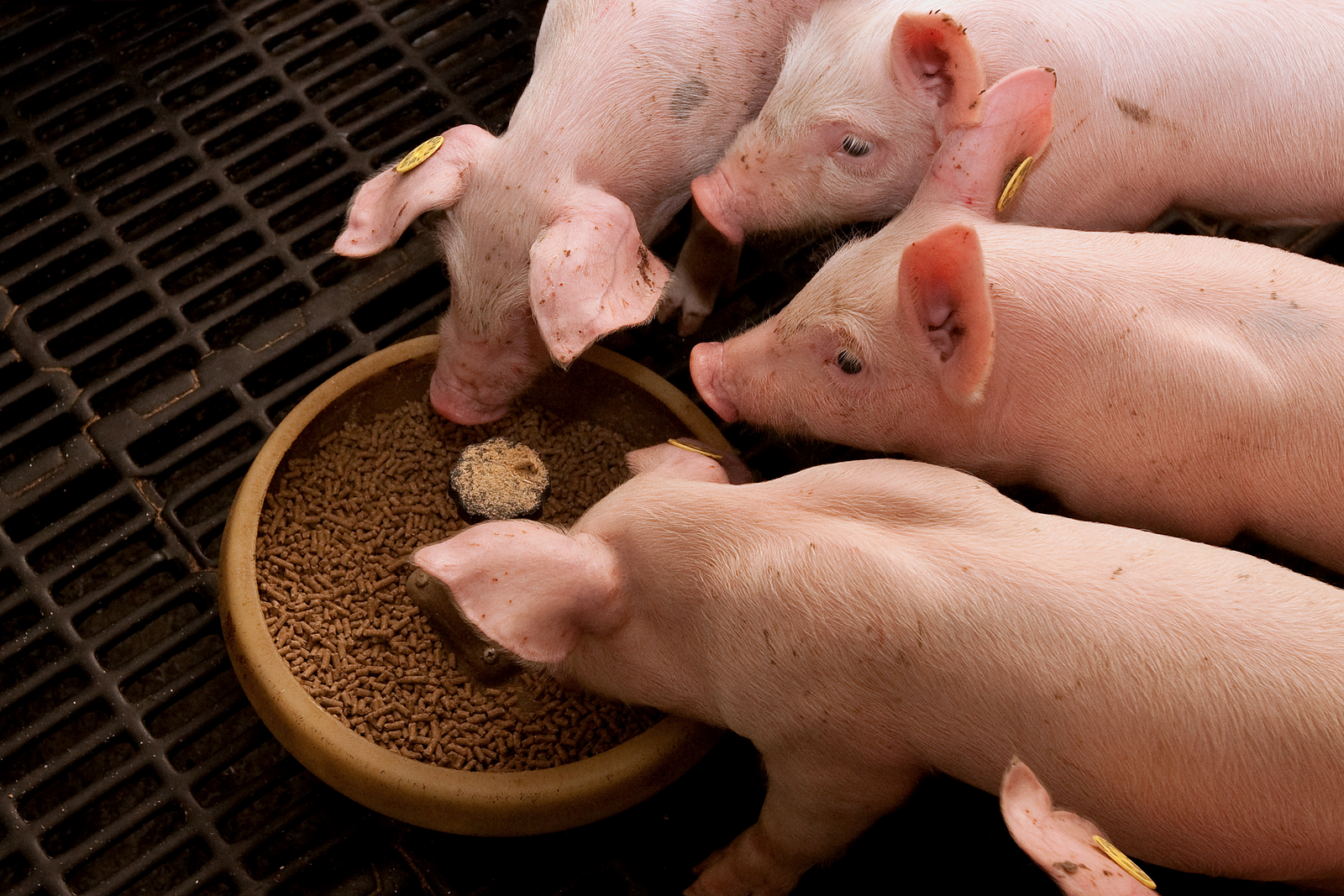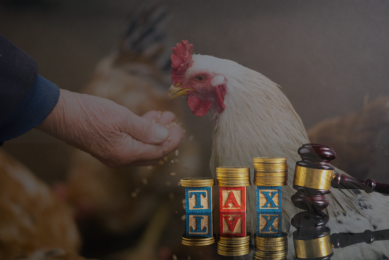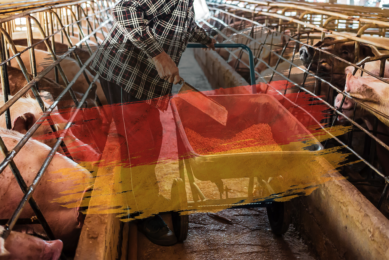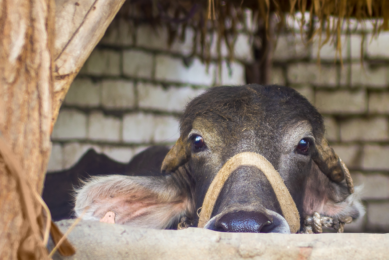0.5% less compound feed in 2014

The compound feed production in the EU-28 in 2014 reached 153.4 million tonnes. This is 0.5% less than in 2013. This was released at the 58th FEFAC Annual General Meeting, held on June 10 in Cologne, Germany.
The event, which took place during Victam International, attracted FEFAC member and other feed experts. The compound feed data that was released during the event showed that pig feed and cattle feed production dropped by 1.2% in 2014, while poultry feed has seen its volume of production grow by 0.3%. As a consequence, poultry feed consolidated its position of leading segment of EU compound feed production, now well ahead of pig feed.
Pressure on pig and dairy farmers
The most important factor having impacted feed production last year is certainly the Russian ban that started in February 2014 as far as pigmeat is concerned. This has put additional pressure on farmers. The good availability of forages due to favourable weather conditions and the sharp drop of dairy prices significantly affected the demand for compound feed for dairy cows, which did not benefit at all from the 5% increase in milk deliveries in 2014.
Polish feed volumes up
Poland has been the only well performing EU member state among the largest EU producing countries, with annual growth close to 7%. Germany recorded also significant increase (+2.3%), while all other major producers (France, Spain, Italy, UK and the Netherlands) saw their production fall by -0.3% to -4.5%. Germany strengthened its position as leading EU country in terms of total compound feed production, before France and Spain.
Little bit less feed in 2015
FEFAC market experts foresee a slight increase in poultry feed production (+0.5%) and a further -1.5% reduction in pig and cattle feed production, in case the dairy market does not recover quickly. Overall, this would lead to a 0.7% decrease in feed production in 2015 vs. 2014. A number of CAP and trade policy measures may impact performance of the feed market in 2015; the entry into application of the CAP, with the application of the greening measures that may affect the supply of grains and oilseeds. But also the end of the milk quota system will have an effect. The ongoing negotiations with Russia on sanitary aspects, if concluded positively, could reactivate exports of certain pig products to Russia and hence alleviate the pressure on the pigmeat market.











